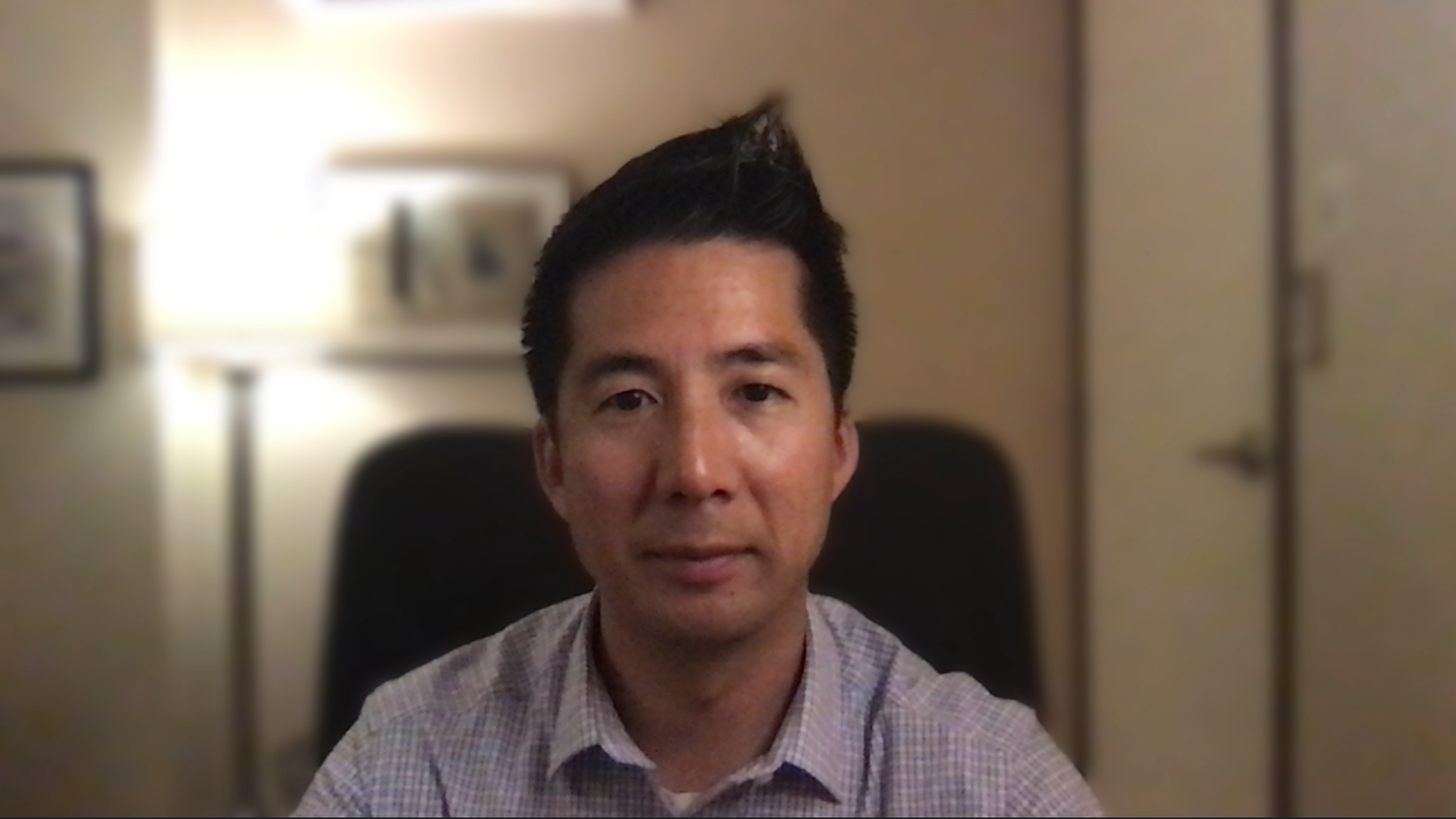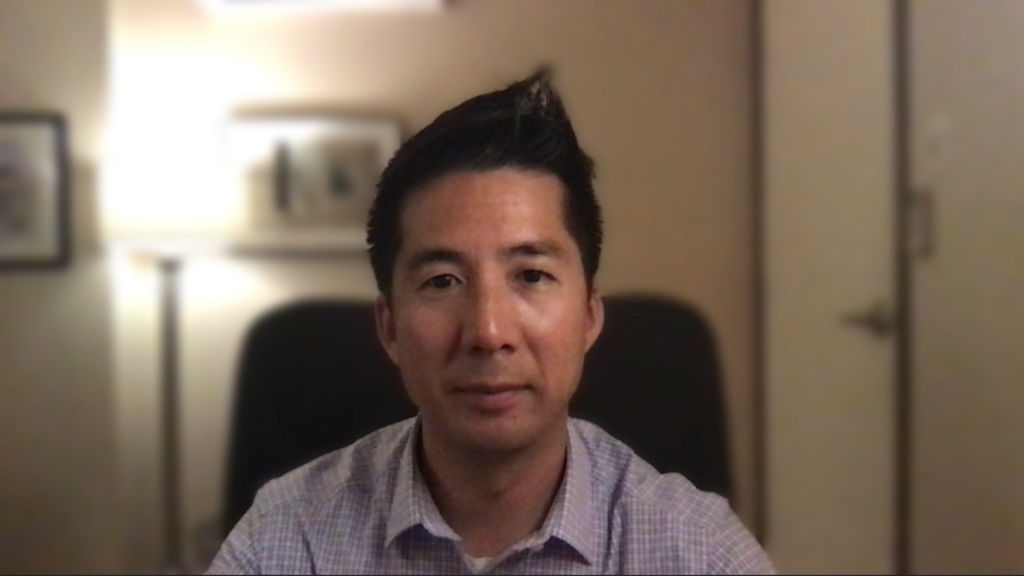CBT SoCal’s Dr. Martin Hsia led staff training on CBT-I


Insomnia can have a significant impact on both physical and mental health. It’s related to weight gain as well as an increased risk of heart attack and stroke. Insomnia is related to difficulty focusing, anxiety, and depression. It is no wonder that many turn to sleep medications such as Ambien in attempt to manage their insomnia. However, sleep medications are not without their side effects. Ambien, for example, can cause feelings of nausea, vomiting, diarrhea, loss of appetite, impaired vision, and muscle cramps. Fortunately, there exists an alternative to medication in cognitive behavioral therapy for insomnia (CBT-I).
Dr. Martin Hsia, the Clinical Director of CBT SoCal, recently led a staff training on CBT-I. Insomnia is often comorbid with depressive and anxiety disorders. Dr. Hsia discussed the importance of directly addressing insomnia rather than assuming it will resolve on it’s own after depression and anxiety is relieved. Often times depression and or anxiety can result in changes in sleep-related behaviors leading to insomnia that continue well after the original stressor is gone. Dr. Hsia discussed core CBT-I tools such as stimulus control and sleep restriction. Stimulus control involves creating a powerful association between the bed and sleep whereas sleep restriction involves allowing the body to naturally build a very strong sleep drive. Dr. Hsia also discussed the role of worry and racing thoughts that lead to difficulty falling asleep. Psychoeducation about sleep as well as increased sleep drive can effectively reduce sleep-related anxiety.
If you suffer from insomnia or have a history of difficulty sleeping, you might benefit from CBT-I. Contact us to find out how CBT-I could help you.
